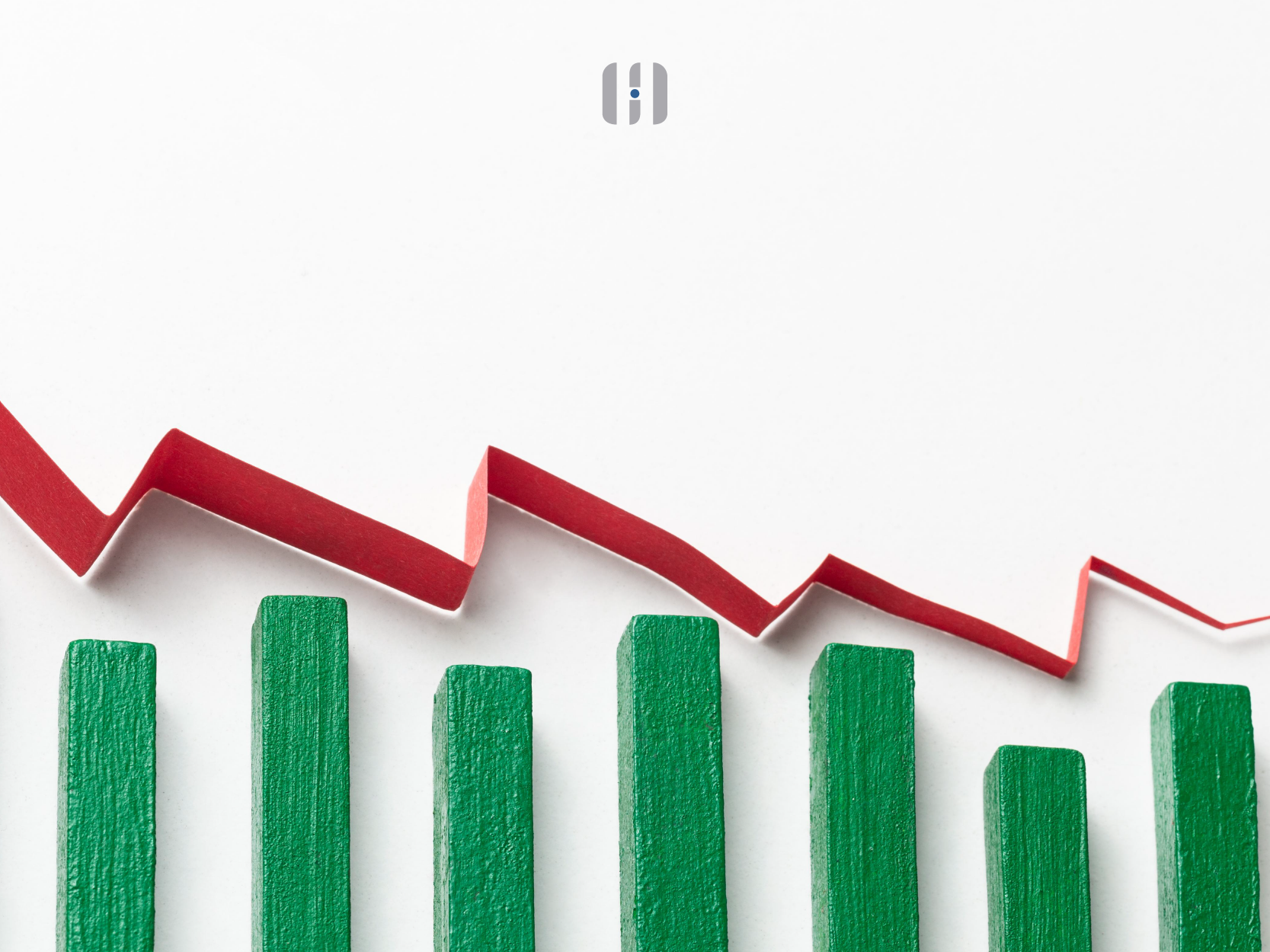A Troubling Outlook
The 2021 Mental Health Atlas by the World Health Organization (WHO) paints a bleak picture: the world is failing to provide adequate mental health services, just as the COVID-19 pandemic has dramatically increased the need for support in this area.
Every 40 seconds, someone dies by suicide. This adds up to approximately 2,200 people per day and over 800,000 per year, even in countries with well-developed healthcare systems. Disorders such as depression, bipolar disorder, addiction, and other mental illnesses affect at least one in four people at some point in their lives. Yet in most cases, these conditions go untreated, causing unnecessary suffering and often leading to suicide—deaths and suffering that could be prevented.
States are failing these individuals largely due to lack of funding, insufficient policies and mental health systems, and because stigma and discrimination discourage people from seeking help.
Missed Targets
In 2020, only 51% of the 194 WHO Member States reported that their national mental health policies or plans complied with international and regional human rights instruments—far below the 80% target. Likewise, only 52% met the goal related to mental health promotion and prevention programs.
The only target achieved was a 10% reduction in suicide rates, but even then, only 35 countries reported having a specific prevention strategy or plan in place.
A Crisis Amplified by the Pandemic
UN Secretary-General António Guterres stated:
“Almost one billion people worldwide live with a mental health condition. Yet it remains one of the most neglected areas of public health, with some countries having fewer than two mental health professionals per 100,000 people.”
The pandemic amplified this crisis. What some doctors predicted early on as a “psychological wave” following the initial health crisis actually began immediately, triggered by lockdowns, economic uncertainty, and social isolation.
Indicators such as anxiety, depression, suicidal thoughts, sleep disorders, and increased use of psychiatric medication have shown sustained deterioration—especially among youth. In 2020, 22% of individuals aged 15 to 24 exhibited depressive symptoms, compared to 10% in 2019.
Most Vulnerable Groups
Among those most affected:
- Women and single-parent families, who faced increased domestic violence and economic insecurity.
- Elderly people, often isolated at home or in care facilities.
- Caregivers and medical professionals, highly exposed to the virus and suffering from chronic stress, exhaustion, and repeated confrontations with death.
A Smart Investment
Investing in mental health not only saves lives, it is also an economic opportunity. The World Bank has identified interventions that are cost-effective, scalable, and feasible across all economic contexts.
By 2025, mental health technology is booming. We’ve seen a rise in meditation apps, telemedicine platforms for mental health, and virtual support programs, offering flexible and often more affordable access to care compared to in-person consultations.
Companies are also increasingly aware of the value of supporting mental health in the workplace. Corporate wellness programs, counseling services, and burnout prevention initiatives have become key investments to sustain employee productivity and morale.
References (APA format)
World Health Organization. (2021, October 8). WHO report highlights global shortfall in investment in mental health. https://www.who.int/fr/news/item/08-10-2021-who-report-highlights-global-shortfall-in-investment-in-mental-health
United Nations. (2022, October). Guterres calls for urgent action on mental health crisis. https://news.un.org/fr/story/2022/10/1128712
French Senate. (2021). Report on the impact of COVID-19 on mental health. https://www.senat.fr/rap/r21-304/r21-304_mono.html#toc12
Apolitical. (2023). Government efforts on mental health and their connection to the SDGs. https://apolitical.co/solution-articles/fr/efforts-du-gouvernement-en-matiere-de-sante-mentale-sdgs




